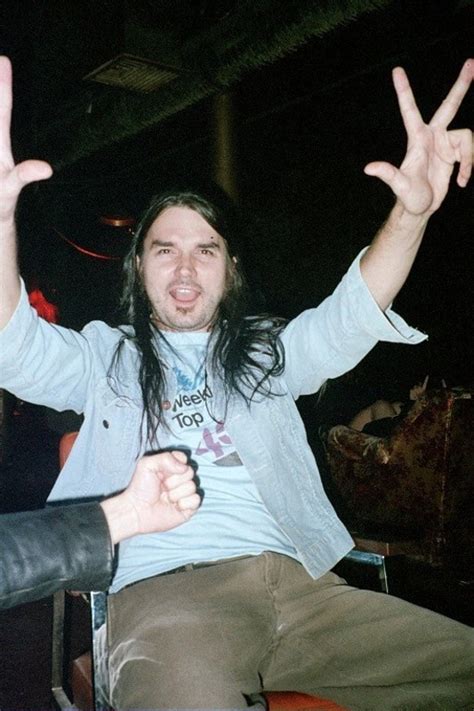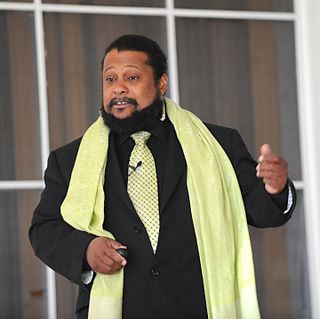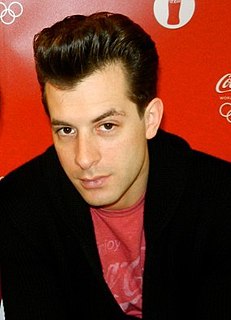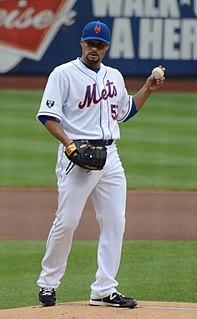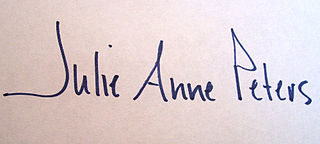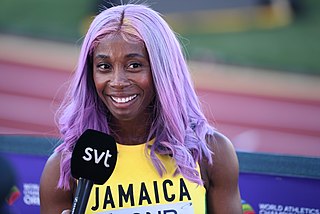A Quote by Ian Christe
Being in New York, a lot of people I knew were top-notch copy editors or photo retouchers, so I had a good community around me that knew how to do the specialized stuff.
Related Quotes
I got into DJ'ing because I started to listen to New York radio a lot. Obviously, I knew the stuff everybody knew, like Beastie Boys and Public Enemy, but I heard "Who Got the Props" by Black Moon, and I went up to this kid in my school with the Walkman on and was like, "What is this? You must tell me how I can get this now." Because there was no Shazam or googling lyrics.
I was in New York when Clinton was elected the first time, and everyone I knew was in a state of mad euphoria. I wondered what had happened to my hard-headed friends? Almost everyone I knew was drunk on this great white hope. The next time I was in New York, no one had a good word to say about Clinton, but everyone was in love with Hillary. She was the last word. It's all so unreal. Of course, it's no different in England. Here everyone was besotted with Tony Blair. He was a new face. Do people never learn?
I think I knew how frightened people were [when Donald Trump was elected], and I think I knew that people were worried about their future. I don't think I realized that they would be willing to risk kind of a 1920s Germany in order to blow it all up, not realizing that we've accomplished a lot as Americans, and we want to keep the good things and revolutionize the new things.
When I was in high school in the early 1970s, we knew we were running out of oil; we knew that easy sources were being capped; we knew that diversifying would be much better; we knew that there were terrible dictators and horrible governments that we were enriching who hated us. We knew all that and we did really nothing.
A lot of the reason I left New York, in addition to being so broke, was that I just felt I was becoming provincial in that way that only New Yorkers are. My points of reference were really insular. They were insular in that fantastic New York way, but they didn't go much beyond that. I didn't have any sense of class and geography, because the economy of New York is so specific. So I definitely had access and exposure to a huge variety of people that I wouldn't have had if I'd stayed in New York - much more so in Nebraska even than in L.A.
